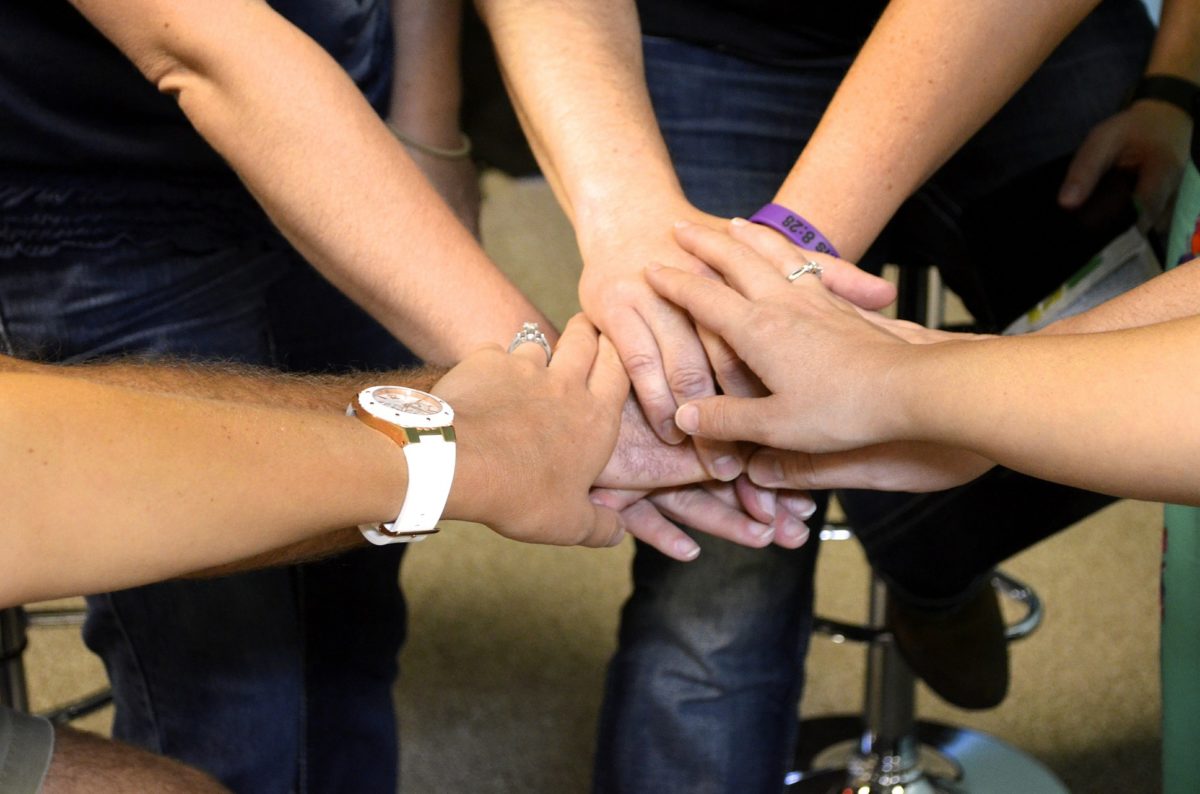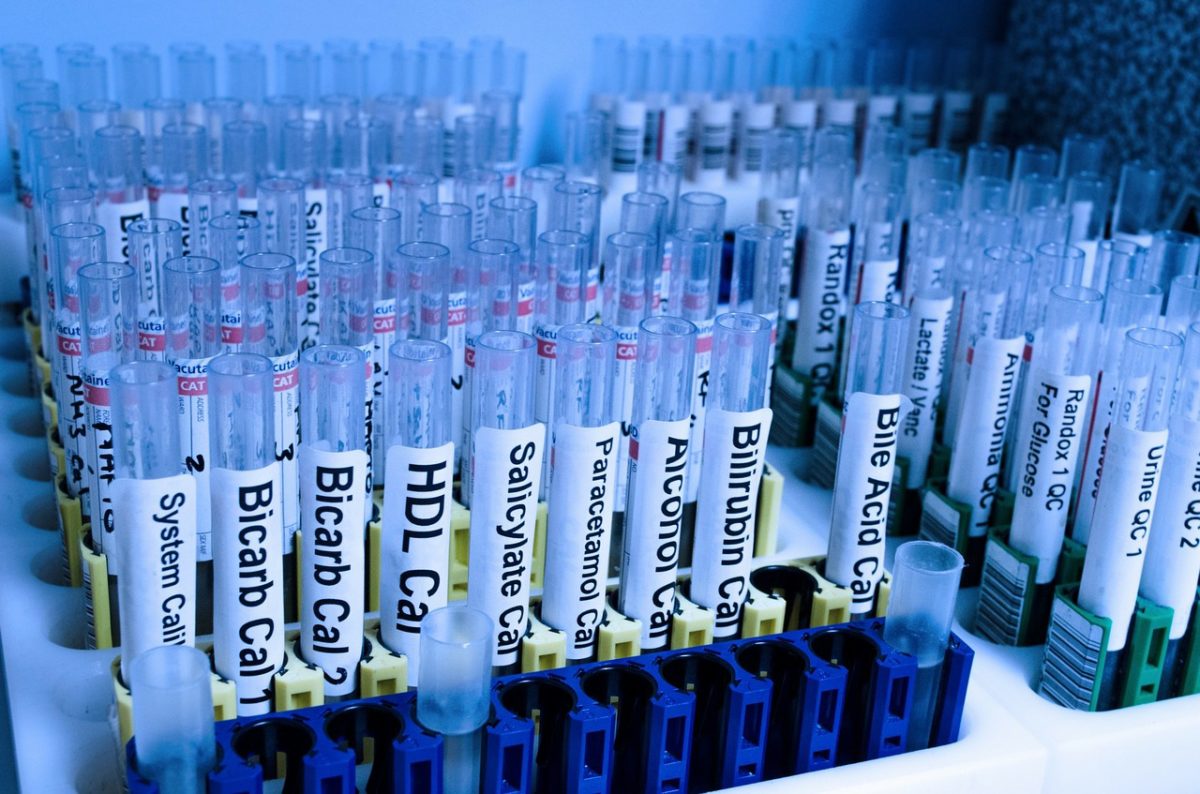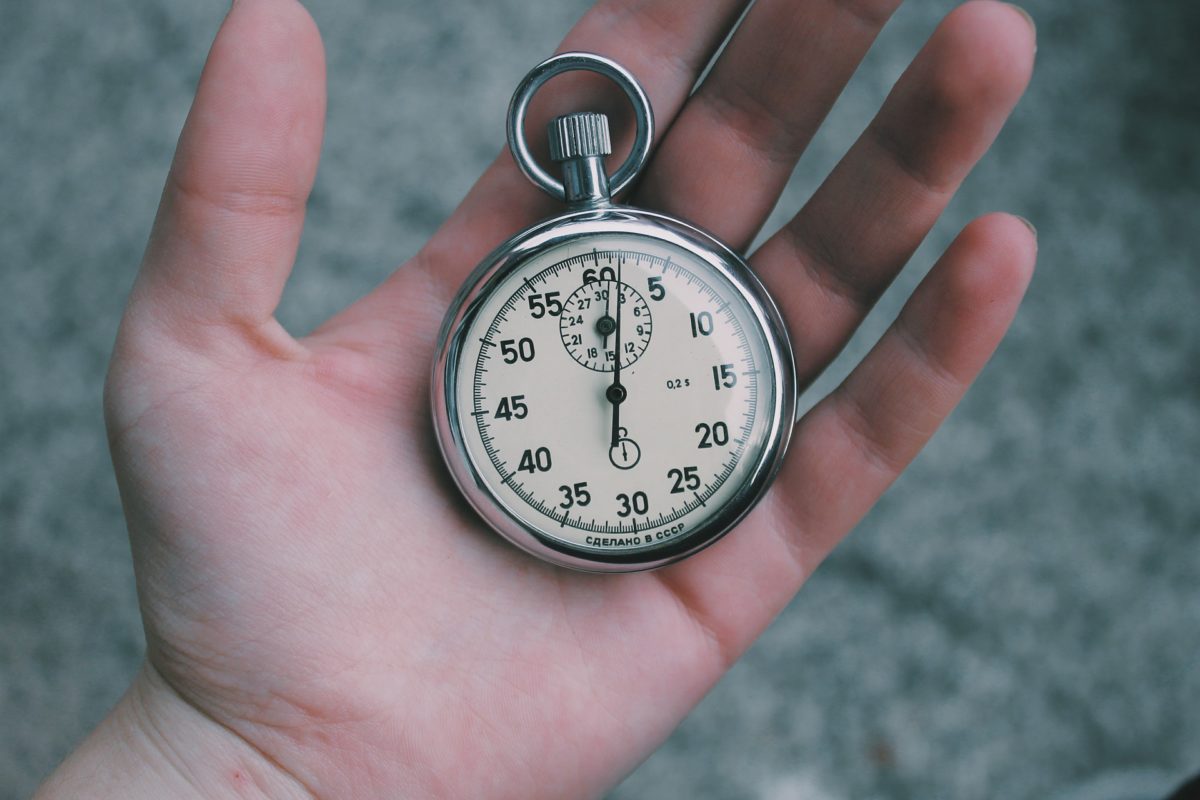 Over the years, we’ve heard a lot about drug testing in the workplace. Should it be done? What about privacy? Is it fair to try to regulate someone’s behavior outside of work? Why should I do this, it just costs more money! These are all valid concerns; concerns that we would like to help you sort out.
Over the years, we’ve heard a lot about drug testing in the workplace. Should it be done? What about privacy? Is it fair to try to regulate someone’s behavior outside of work? Why should I do this, it just costs more money! These are all valid concerns; concerns that we would like to help you sort out.

Q: My employees hate random drug testing. They all groan and grumble when we make the calls to send them for testing. Isn’t this affecting my corporate morale?
A: In some ways, yes. Employees are people and, generally speaking, people don’t like change. A change in their routine- new procedures, seminars, drug testing, meetings- are all going to affect their daily habits. For example, this morning, I had to go get a replacement license. It’s no big deal, our local DMV is quite good, if that’s possible, and it only took 20 minutes from the time I left my house until the time I left with my new ID. It’s not the time it took or the fact that the DMV is a horrible place to spend your morning, it’s just the fact that it had to be done. Now, my whole morning routine has been thrown off, the dogs are all confused, my tea got cold since I left it in the microwave, and I can’t focus to write this article. The same can be said for drug testing. I hate it, too. I know I’m clean, I “study” (haha!) every day for drug tests, but if I had a boss who told me to go take one tomorrow, I’d probably whine and moan, too. I’ve got better things to do. As far as morale goes, I’d rather take a drug test and know that the guy sitting next to me in the van is as clear-headed and competent on the job as I am so that I won’t have to pick up his slack or- worse- he won’t get me hurt because he’s high. They get it. They may whine, but they do get it. And the ones who really really whine and make a big fuss about it… maybe you should keep an eye on them. What do they have to hide?

Q: Isn’t this just more money out of my pocket? What are these random tests going to prove?
A: You’re not trying to prove anything here. If you’ve done everything right, you already have a company policy in place that dictates what you will and will not accept from your employees. That includes drug use on the job. What you are doing is reminding your employees that it’s unacceptable to come to work impaired because you owe it to the company and the man standing next to you to be ready, wiling, and able to handle the job. Essentially, you’re paying for random drug screens to deter your employees from using, an incentive, if you will. You want them to think twice when they find themselves in a situation that could compromise their abilities. My husband drives cars for a living. Every time we go out with friends and he is driving he tells me, “One drink, that’s all. I can’t lose my license and I can’t afford a DUI.” And I’ll be damned if he doesn’t stick by it every. Single. Time. No one can talk him into that second drink no matter what, even if we’re going to be there all day. He won’t do it. That’s what you’re trying to help your employees remember. “I shouldn’t do this because it could affect my job. I can’t afford to lose my job over this if they decide to do a random drug test on Monday.” Aside from that, illicit substances are ILLEGAL. Do you really want someone who is consistently breaking the law working for you on your team? If they are willing to break federal law, what other rules are they willing to break?

Q: These guys keep telling me they’re not high, even though the drug is in their system. How can you prove they’re impaired instead of just having something in their system from Saturday night?
A: The drug screens used in random drug tests don’t just test for the presence of the substance. It tests for a certain amount of the substance. They are designed to pick up substances over a certain limit, called the cutoff level, that has been pre-determined to affect a person’s cognitive abilities. If a person tests negative, it does not necessarily mean there are no drugs in that person’s system, just that they were not above the cutoff levels established by the Substance Abuse Mental Health Services (SAMHSA) Drug Advisory Board. Th
at’s not all, though, If you’ve done any type of drug testing before, you know that if the collection site tests the sample and it comes up with a non-negative result, the collection site is required to send it to a lab for further testing. This is to show exactly what amounts of the drug are present in the person’s specimen. After that, the lab sends their result to a Medical Review Officer (MRO) who checks the result the lab found and returns a verdict. Depending on what information the MRO receives, he may try to contact the person giving the specimen to ask them about what’s going on. This is especially helpful in cases where prescription drugs are being used legally and in accordance with the prescription- i.e. they aren’t being abused. After that, it’s up to you as the employer to refer to your company policy to decide what to do next. Are you going to let someone who is legally prescribed medication that could impair them to operate a motor vehicle in your fleet? Are you going to change their job description for the remainder of the time they are taking the prescription so that they aren’t endangering themselves or others? Check your policies, what do they say?

Q: My employees say they haven’t done this drug since last Tuesday. Today’s Monday! What gives?
A: *AAAAAAAA* WRONG! With the exception of marijuana, every drug you’re testing for is undetectable in urine within about 72 hours. We can’t even detect the drugs within about 24 hours, since there’s so little left in the system. The half-lives of these drugs are very very short. When you’ve had surgery and you’re on morphine or codeine, does your doctor give you one dose and tell you not to take another until next week? NO! He tells you to take one in the next 6-12 hours because the drug’s effects weaken as it is metabolized. The same thing happens with illicit substances. A person smokes, inhales, or otherwise ingests the substance and from that moment on, the body begins to break down the substance for excretion. This is what causes the high. If the body didn’t absorb and break down the substance, a high wouldn’t be achieved. The fact of the matter is this: unless you’re smoking marijuana, whose compounds are processed through the body differently, you absolutely positively cannot say that the one line of coke you did at that party last week is still in your system a week later. It’s not possible. What is much more likely is that you did a line of coke or took a pill this morning when you got up, not realizing or caring you had a drug test or, even worse, thinking you were so much smarter than everyone else that you could get around it.
Do you have any questions about random drug screening? Send them to us at questions@workdrugfree.com. Your questions could be featured in one of our blog articles!
All images courtesy of Pixabay.com
Leave a Reply